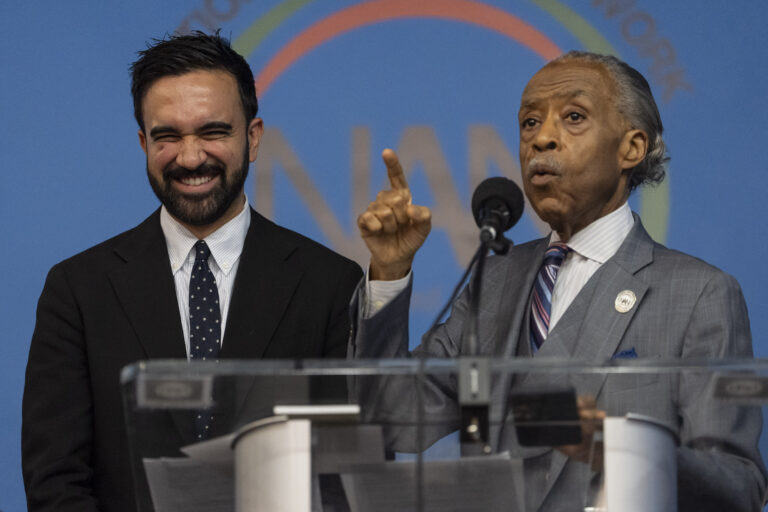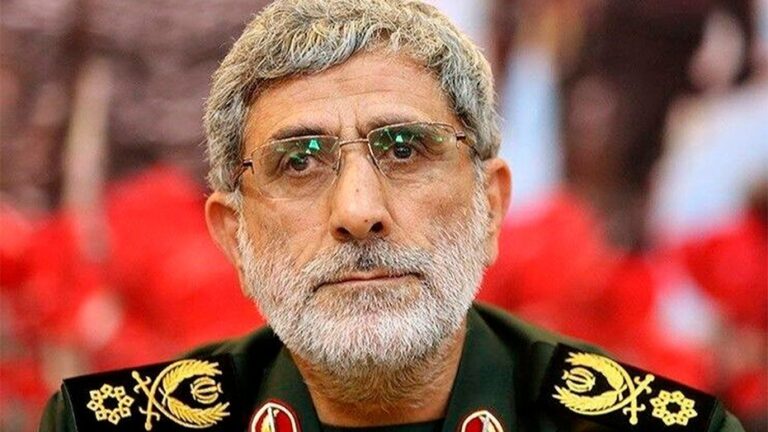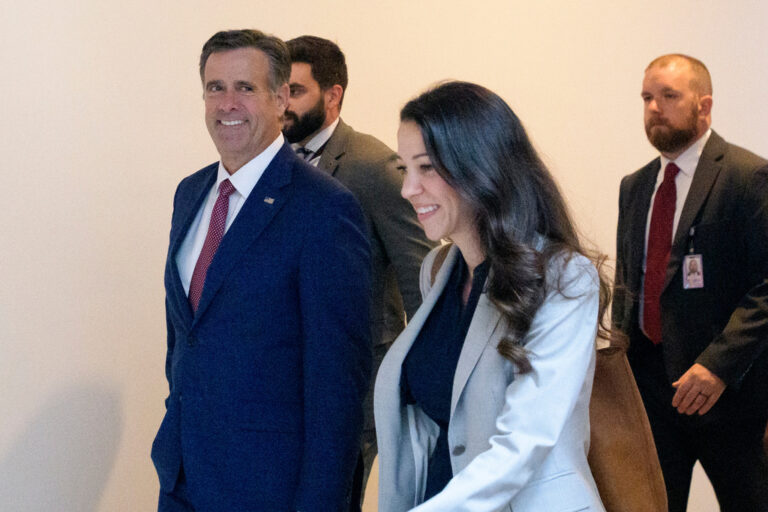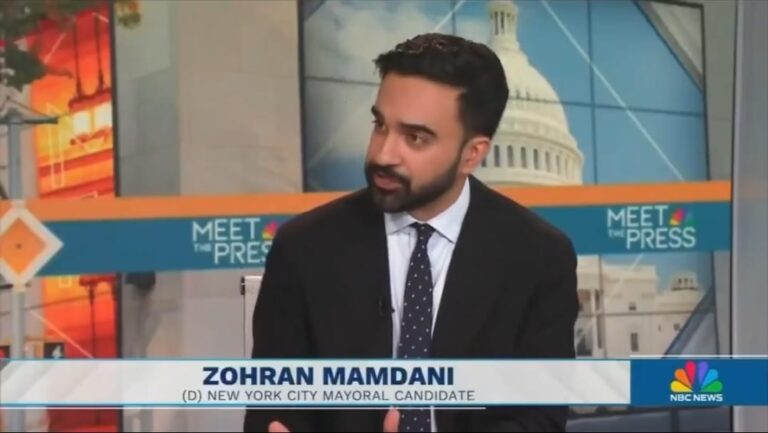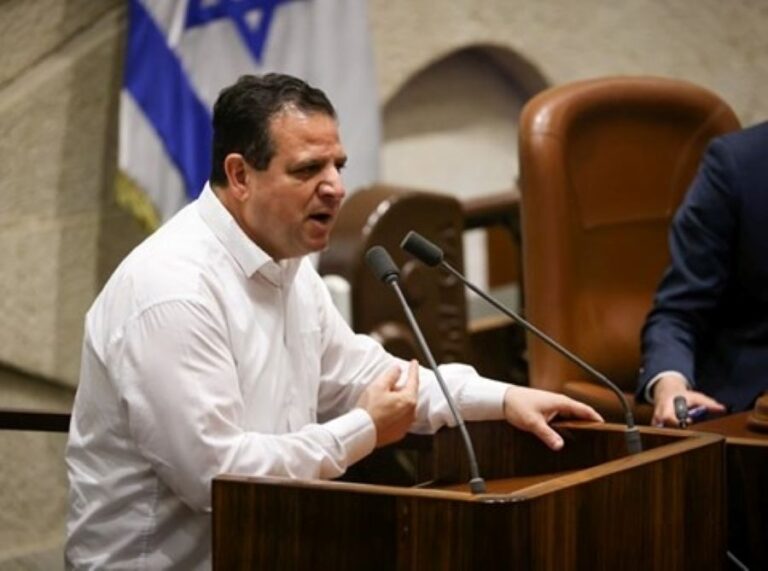by Chaim Weber
One of the most essential rules governing monetary law in Halacha is the principal of hamotzi mechaveiro alav ha’raayah – one who seeks to take money from his friend must prove it.
What is the source of this halacha?
The Gemara in Bava Kamma (46b) initially derives this from a verse in Parshas Mishpatim (24:14): “Mi baal devarim yigash aleichem – whoever has a legal matter should approach.”
However, the Gemara rejects this, arguing that a dedicated verse shouldn’t be needed. After all, isn’t it logical that “the one who is in pain should go to the doctor?”
The Gemara therefore concludes that this halacha is learned from logic.
What is considered proof?
Rashi (Bava Metzia 6a) says two witnesses.
The Rambam (Yesodei Hatorah 7:7 and 8:2) says although it is possible that two witnesses can be lying, the Torah commanded us that two witnesses are enough to decide a verdict.
Are There Exceptions to this Halacha?
The Gemara in Bava Kamma (46a) presents the following dilemma:
Normally, we follow the principle of rov – that we follow the majority. What if the plaintiff has a rov supporting his claim instead of two witnesses?
For example: Reuven sells Shimon an ox and it’s discovered to be violent.
Reuven claims he sold it for slaughter and therefore the violence shouldn’t invalidate the sale. Shimon claims he bought it for plowing purposes, like most sales of oxen, and therefore wants a refund. What’s the halacha? Can Shimon use the rov that most sales are for plowing and force Reuven to issue him a refund? Would rov be enough to take away money from a defendant?
Rav says yes. The same way we follow rov in general, we also follow the rov to force a defendant to pay.
Shmuel says no – although we generally follow the majority, we do not follow the majority to take money from someone else, as hamotzi mechaveiro alav ha’raayah. A rov is not considered to be a proof.
We rule like Shmuel.
Similarly, what if a plaintiff claims with certainty that a defendant owes them money and the defendant is uncertain? Would the plaintiff’s certainty be enough to force the defendant to pay?
The Gemara debates this in Kesuvos (12b): Rav Yehuda and Rav Huna say that the defendant must pay. However, Rav Nachman and Rabbi Yochanan disagree and say that we stand with the principle of hamotzi mechaveiro alav ha’raayah. A claim of certainty does not constitute sufficient proof.
In this case as well, we rule like Rav Nachman and Rabbi Yochanan.
The insight of the Pnei Yehoshua
The above discussion leads to a fascinating insight by the Pnei Yehoshua.
Rashi (Gittin 48b) quotes the principle of hamotzi mechaveiro alav ha’raayah and says that it’s derived from the verse in Parshas Mishpatim – Mi baal devarim yigash aleichem.
The Pnei Yehoshua asks: isn’t this against the conclusion of the Gemara? The Gemara in Bava Kamma concluded that this halacha is derived from logic and that a dedicated verse in the Torah is not needed? Why did Rashi quote the initial premise of the Gemara that was rejected?
The Pnei Yehoshua suggests that while it’s true that the actual halacha is learned from logic, we need to think further.
Is it really so intuitive that we always need proof of two witnesses?
We just quoted the opinion of Rav that a rov can be used to force a defendant to pay! We also quoted Rav Yehuda and Rav Huna that if a plaintiff is certain and the defendant is uncertain, the plaintiff’s certainty overrides the general principle of hamotzi mechaveiro alav ha’raayah?
For that, we need the verse of mi baal devarim yigash aleichem.
Not to tell us the concept of hamotzi mechaveiro alav ha’raayah – that is intuitive. Rather, to tell us how far we take that concept – that it’s taken so far that even a rov or a plaintiff with a claim of certainty won’t be able to force a defendant to pay.
Rashi learned that the Gemara in Gittin is like Shmuel and Rabbi Yochanan/Rav Nachman that there are no exceptions to hamotzi mechaveiro alav ha’raayah. That’s why he quotes the verse of mi baal devarim yigash aleichem.



